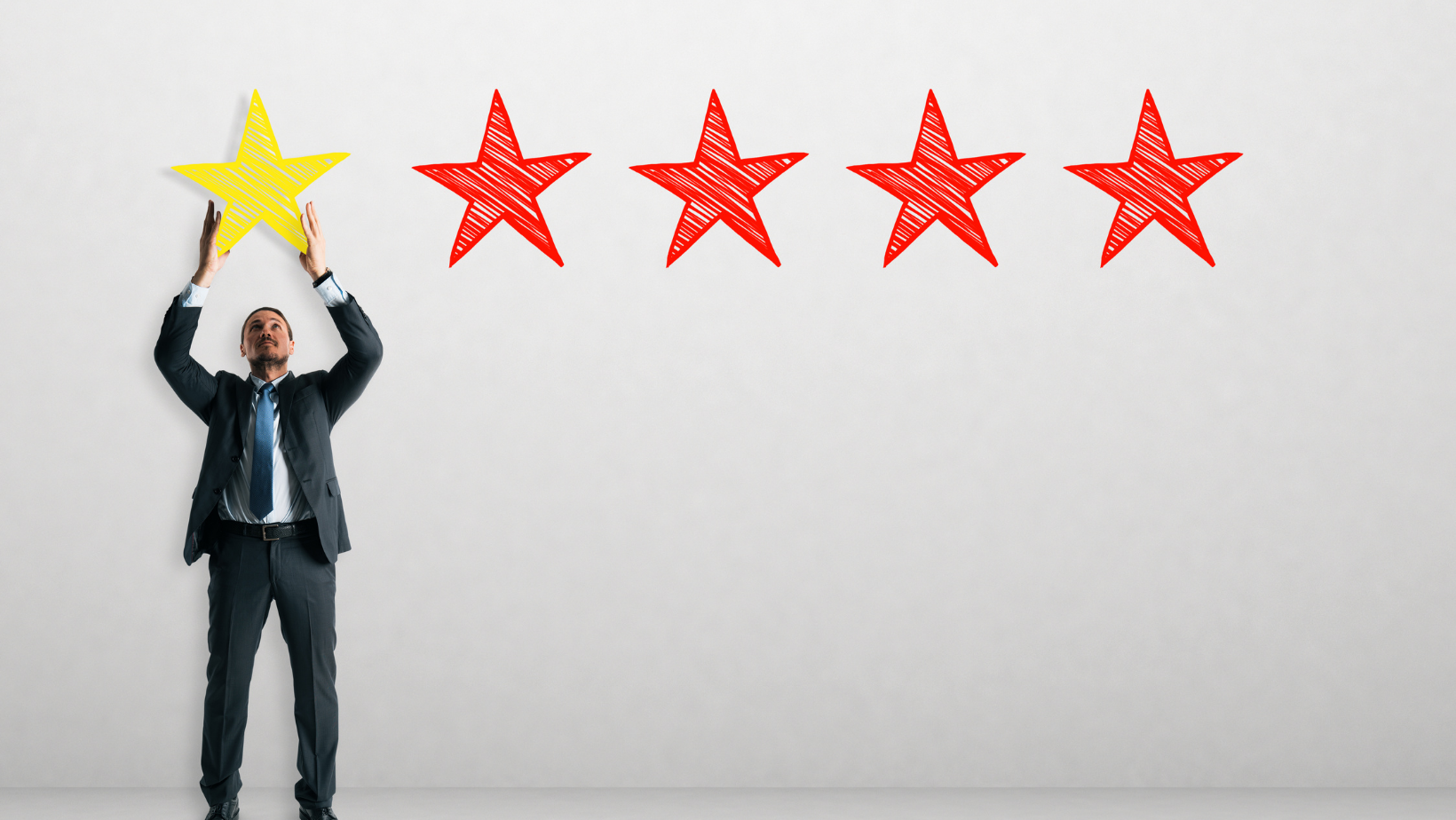
4 Sustainability Ranking Systems To Help You Find Brands You Can Trust
USDA Organic. Cruelty Free International. Global Organic Textiles Standard. Fair Trade.
The issue with product certifications
If you’re an adamant label reader such as myself, you may be familiar with some of these badges of honor that many consciously-made products boast. But if you’re not an expert on food law or regulations by federal drug and cosmetic administrations, you might not know that these icons cannot just be slapped on any old product. They must be certified by third-party organizations that establish their own criteria for various social, environmental, and human health causes to help consumers maximize their virtue.
Let’s be real though. As a customer, it can be overwhelming to comb through the purpose and integrity of the dozens of labels you might encounter on a daily basis. Plus, when you’re searching for new products to buy online, whether it be food or baby clothes, you might not be able to tell which logos exist on the real life product packaging. In that case, it can be helpful to refer to virtual ranking systems that curate brands you can trust.
Why is the fashion industry leading the way?
The fashion industry, in particular, is inundated with these sorts of transparency-inducing sites. Perhaps you’ve heard of Fashion Revolution or Good on You. Good on You, for example, “consider[s] impacts throughout the entire supply chain from raw materials to a product’s end of use. Altogether, [they] evaluate 500-plus data points across more than 100 key issues, indicators, and standards systems to arrive at each brand’s score.” Eco-Stylist is another online resource informally listing fashion brands graded on transparency, fair labor and sustainable production.
Why is the fashion industry so heavily covered?
Perhaps it has to do with the intense exposure the fast fashion industry has endured in recent years, or perhaps the relatively shorter supply chain of garments in comparison to multi-ingredient food items plays a role in this trend.
Bringing other industries up to speed
In any case, our goal at BOAS is to elevate the level of consumer awareness and activism in all other product industries to the level of fashion, beginning with baby and children’s products. We aim to play a role in encouraging producers to be receptive to feedback about their own production processes, both socially and environmentally. Inevitably, this requires radical transparency (P.S. To “walk the talk” of this mission, our company expenses are completely public-facing, so feel free to check them out here)!
Fortunately, there are already a lot of sustainability-focused rating schemes out there that we can use as a resource to help us consume responsibly and turn on the heat for producers to be held accountable. If identifying businesses that align with your values is something you struggle with, look no further.
Here are four sustainability ranking systems you can use to find companies you can feel good purchasing from:
- B Corp Certification: As one of the most widely-recognized sustainable certification systems around the world, joining the B Corp community is “a designation that a business is meeting high standards of verified performance, accountability, and transparency on factors from employee benefits and charitable giving to supply chain practices and input materials.” Their overarching criteria include high social and environmental performance, legal commitment, and transparency. Companies receiving over an 80 percent on their unique B Impact Assessment, which quantifies each of these factors based on a company's practices and outputs, are eligible to certify. With 5,222 companies across 156 industries, you are certain to find a B Corps community near you!
- Ethical Consumer: This real-time, frequently-updated website hosts scores of businesses across the industries of energy, fashion & clothing, food & drink, health & beauty, home & garden, money, retailers, and technology. Based on 25 years of research and data, this committed team assesses the impact companies have on animals, the environment, people, politics, and sustainability. As an ode to their integrity, the organization has called for a boycott of tax-evading companies that take advantage of their monopolization for financial gain. If you’re mostly interested in people problems and social injustice related to business, this is a great database to check out!
- Carbon Disclosure Project Leadership Index: The CDPL rates companies on a letter scale (think of your typical school system of A to D-) through the lens of “disclosure, awareness and management of environmental risks and best practices associated with environmental leadership, such as setting ambitious and meaningful targets.” As opposed to other organizations that are primarily concerned with ranking a company’s current practices and verifying that they are in fact sustainable, CDPL serves a consulting role to help businesses embark on their leadership journeys toward climate advocacy. Since the organization’s founding in 2003, the number of disclosing companies has skyrocketed from about 200 to over 13,000. So if climate change is of especial importance to directing your consumption behavior, be sure to give this index a try.
- Sustainable Brand Index: You may recall from a previous blog article this support system called the Sustainable Brand Index, “Europe’s largest brand study on sustainability” based on surveys of tens of thousands of consumers across Europe. While this might not be the most accurate assessment of a brand’s actual practices, it sure is interesting to compare what people think is sustainable with what is actually sustainable using the resources above (at least, if you’re a nerd like me). That being said, take this index with a grain of salt, but don’t be shy to dig in and see what you can find about what the general public believes to be the most virtuous good-doers.
All in all, while these rating systems look at distinctly different components of sustainability, be it climate mitigation, ethical considerations or governance structures, they all still aim to encapsulate the same premise. By deeply understanding a company’s impact on people, animals and the planet, these groups can provide trustworthy information to help conscious prosumers like yourself make the right purchasing decisions. Through their mission-driven work, these groups get to the bottom of greenwashing propaganda so you don’t have to!















